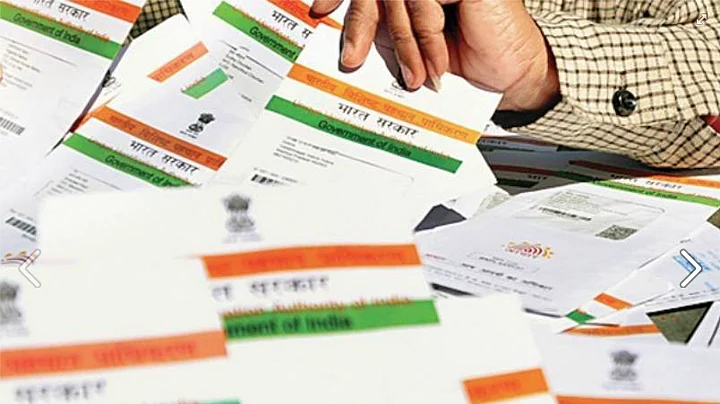The Unique Identification Authority of India (UIDAI) on Thursday, 17 February, opposed Delhi Police’s petition in the Delhi High Court, which has sought the court to direct the UIDAI to match a murder suspect’s photograph and chance prints with the Aadhaar database to help it identify the accused.
Opposing the petition, the UIDAI said that the law prohibits it from sharing the core biometric information with anyone.
Justice Mukta Gupta asked whether the UIDAI could use the evidence available with the investigating agency to identify the suspect.
The court said, “Of course you will not supply it. You will not be sharing it. They will give you the biometric, fingerprints. If it tallies, you will tell that it will tally with this person. You will not share with them (the biometric information), certainly not,” The Indian Express reported.
What’s the Case?
On 12 June 2018, a jeweller named Hemant Kumar Kaushik was murdered by robbers at his shop in Adarsh Nagar. Two suspects robbed the shop, while the third suspect was waiting on a stolen motorcycle. Kaushik was shot when he tried to grab one of the robbers.
After the robbery, the police recovered 14 chance prints from the spot and footage of one of the suspects from CCTV cameras in the area.
The police has stated in its petition, “The chance prints taken from the spot were sent to the fingerprint bureau but did not match with the data bank there. No match was found for the suspect’s photographs when matched with the facial recognition system. An award of Rs 25,000 was announced to get some clues, but, despite best efforts, the accused persons were not traceable,” The Indian Express reported.
Meanwhile, the court has asked the UIDAI to file a status report within four weeks on whether the Aadhaar Act permits it to share this information with an investigating agency. The matter will now be heard on 28 April.
Advocate Nidhi Raman, the counsel for the UIDAI, referred to section 29 of the act and stated that there is “complete restriction” on sharing the biometric information with anyone. She added that the issue is pending before a division bench of the high court, as well as the Supreme Court.
Stating that a person cannot even ask for their own data, Raman submitted that there is a clear restriction under section 29 on “sharing or matching any biometric information,” The Indian Express reported.
The police had approached the court under section 33 (1) of the act, according to which a high court judge can order disclosure of information on identity in certain cases.
Last year, the victim’s father, Vinod Kumar, had approached the court against the delay in investigation. His petition is listed for hearing on 18 April.
(With inputs from The Indian Express.)
(At The Quint, we question everything. Play an active role in shaping our journalism by becoming a member today.)
